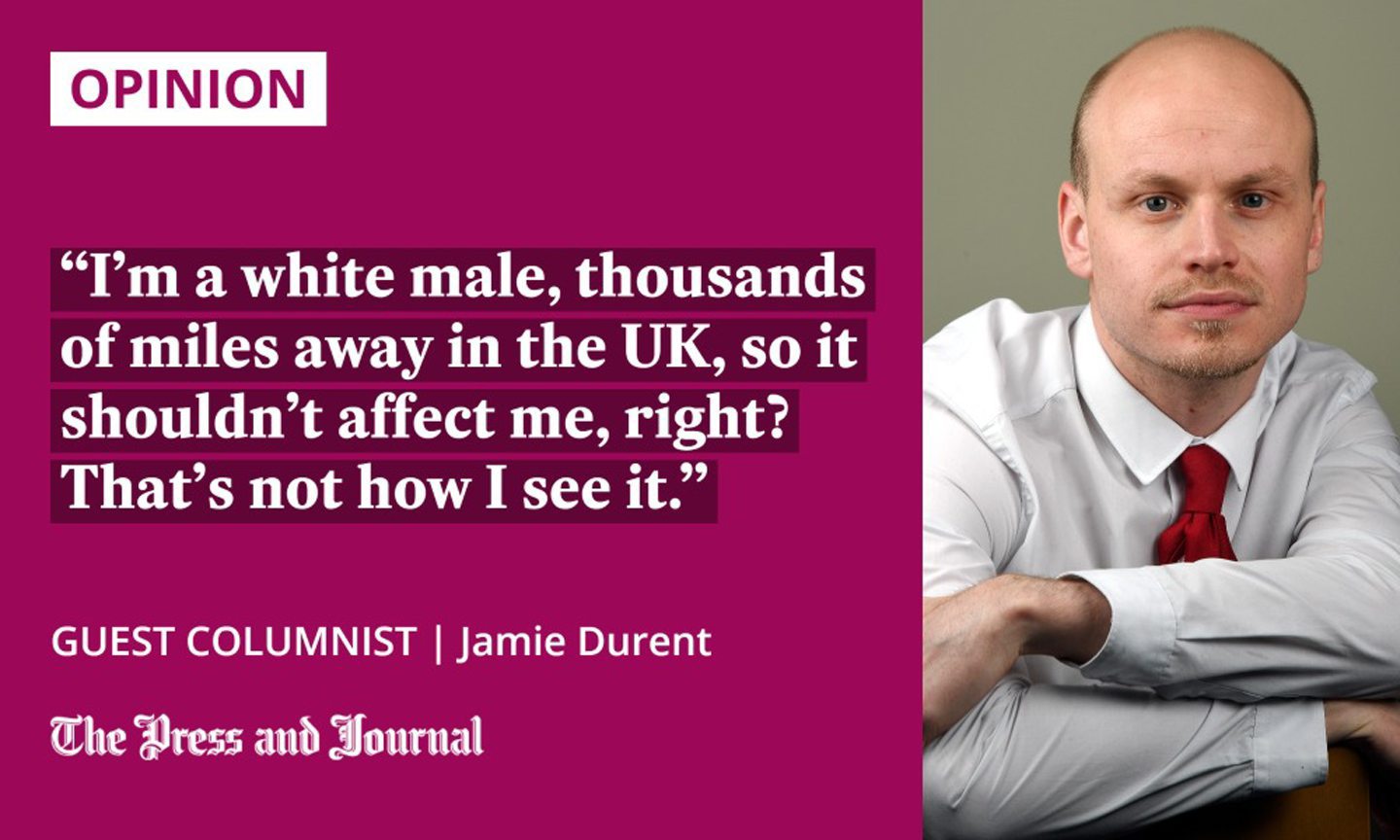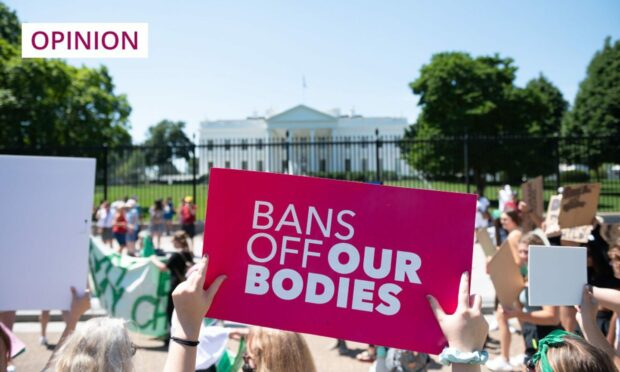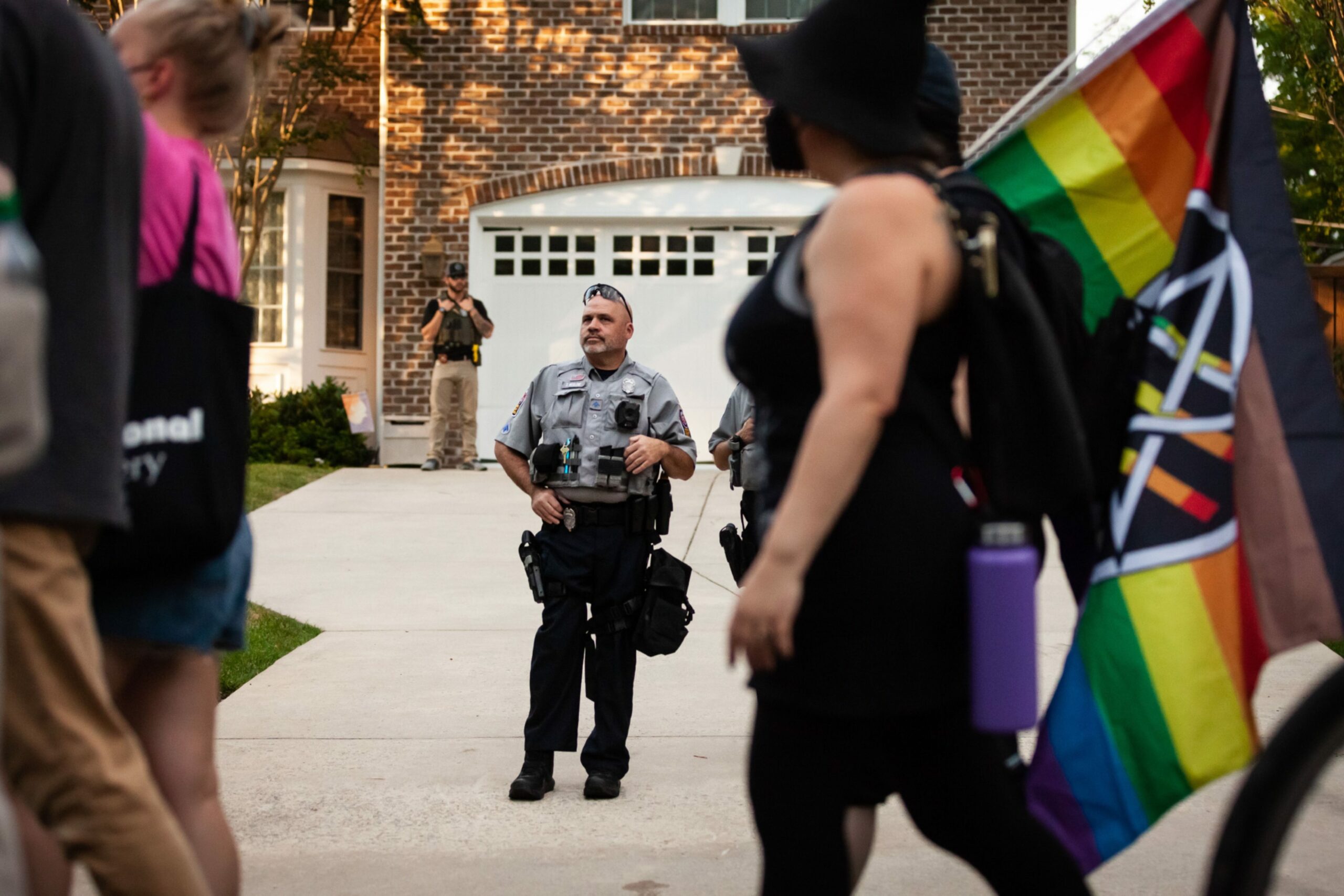Recently I’ve been trying to gather my thoughts on exactly why the overturning of Roe v Wade by the US Supreme Court made me angry.
I’m a white male, thousands of miles away in the UK, so it shouldn’t affect me, right? That’s not how I see it.
For those who might not be aware of the significance of this decision, the 1973 ruling in the case of Roe v Wade by the Supreme Court determined that the Constitution of the United States protected a woman’s right to choose to have an abortion.

It had long been a point of contention in American politics, but didn’t appear to be under serious threat until May this year, when a draft ruling from one of the justices, Samuel Alito, was leaked. Whether it prepared people for what was to come, who knows. But the strength of feeling against this egregious, archaic misogyny cannot go unnoticed.
The ruling did not ban abortion immediately, but handed the decision back to individual states. Many have already invoked so-called “trigger laws”, which bring the law immediately into place.
It must be noted that all nine justices did not vote to overturn Roe v Wade. Stephen Breyer, Elena Kagan and Sonia Sotomayor were not in favour of the change. But Alito, alongside Neil Gorsuch, Clarence Thomas, Brett Kavanaugh and Amy Coney Barrett – the conservative wing of the court – won the day.
No one else should have a say in what a woman does with her body
After the ruling, more than six million women were deprived of the choice of an abortion, when eight states brought in immediate bans. According to The Guardian, a further 33 million women could lose that right in the coming weeks and months.
Women who are in genuine danger of losing their life as a result of pregnancy-related complications may die because their state says they cannot have the procedure that might save them.
When a young life is ended by a semi-automatic weapon, it’s never time to politicise the issue
Women who could ordinarily go to their doctor or a Planned Parenthood clinic for treatment now may have to travel hundreds of miles, fork out for trains and planes, just to access healthcare which should be available to them. It risks creating a poverty gap where only the well off can afford to get abortions.
This does not even touch on the central issue: no one else should have a say in what a woman does with her body, other than her and her doctor. That’s it.
A Nebraska woman had an abortion after learning of fetal abnormalities that also put her own life at risk. CNN's @LucyKafanov reports on the woman's need to cross state borders to undergo the procedure: https://t.co/EptvUzcAyq
— CNN (@CNN) June 30, 2022
The irony is the Republican Party claim to be pro-life and celebrate protecting unborn foetuses, yet when a young life is ended by a semi-automatic weapon, it’s never time to politicise the issue.
Decision lacks common sense
In the UK, the right to an abortion up to 24 weeks is protected by the Abortion Act 1967. But, there have been some murmurings of a reduction in this time limit by senior government officials. It’s not as guaranteed a right as it could be.
Everyone should be bothered by this because everyone is either a parent, child or both. They have, or are, a mother. Because of what’s happened in America, abortion access will be talked about more here in the UK, and hopefully this will prevent any sort of complacency when it comes to changing our laws.
It’s her body, her rules
It sparks a wider debate about government regulating private matters, becoming a morality Big Brother and judging what is right and wrong. Justice Thomas has already said overturning Roe v Wade could lead to contraception and gay rights laws being reviewed in the US.
When the news broke, I felt powerless. I was angry, but I wasn’t sure why. I wouldn’t class myself as a feminist, but you don’t need to be to apply common sense – something laughably lacking from the justices’ vote in favour of repealing Roe v Wade. It’s her body, her rules.
I hope those fighting for change in America keep their fires burning and get their rights restored. I’d urge everyone to watch US Vice President Kamala Harris talking evocatively about the decision and the fight ahead on CNN.
I’ll sign off on a cheerier note, if that’s possible when discussing this matter. Glastonbury provided a moment of levity in the form of 19-year-old pop sensation, Olivia Rodrigo.
She brought Lily Allen on stage to sing with her a song with an appropriate title, which Rodrigo dedicated to those Supreme Court justices. A young woman at the start of her life, showing what great leadership looks like.
Jamie Durent is a sports reporter for The Press & Journal


Conversation